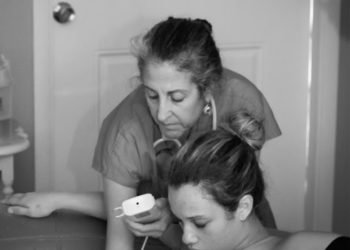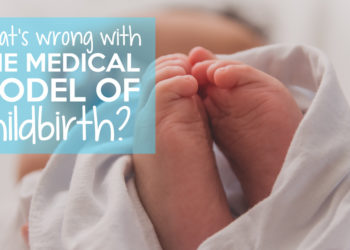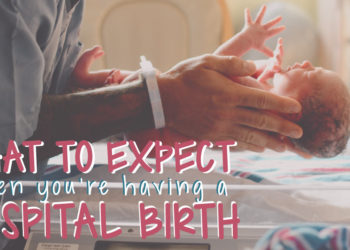Pregnancy is an exciting journey filled with joy, anticipation, and plenty of changes in your body. One important aspect of prenatal health that sometimes catches expecting mothers by surprise is gestational diabetes. If you’ve been wondering, “What is gestational diabetes?”—you’re not alone! This condition affects thousands of pregnant women each year, and understanding it can help you feel more confident and prepared for a healthy pregnancy.
Understanding Gestational Diabetes
Gestational diabetes is a type of diabetes that develops during pregnancy. It occurs when your body has trouble processing glucose (sugar) properly, leading to higher-than-normal blood sugar levels. While it typically goes away after childbirth, managing gestational diabetes is crucial to ensure a safe and healthy pregnancy for both you and your baby.
What Causes Gestational Diabetes?
During pregnancy, hormonal changes can make your cells less responsive to insulin, the hormone responsible for regulating blood sugar levels. For some women, their bodies can’t produce enough insulin to keep up with these changes, resulting in gestational diabetes.
Certain factors may increase your risk of developing gestational diabetes, including:
- A family history of diabetes
- Being overweight before pregnancy
- Being over the age of 25
- A history of polycystic ovary syndrome (PCOS)
- Previous pregnancies with gestational diabetes
- Having a baby with a high birth weight in a previous pregnancy
Symptoms to be Mindful of Monitoring
Many women don’t experience noticeable symptoms, so routine screening is important. However, some signs to look out for include:
- Increased thirst
- Frequent urination
- Fatigue
- Blurred vision
Since these symptoms can be common during pregnancy, your healthcare provider will typically test for gestational diabetes between the 24th and 28th weeks of pregnancy.
How Is Gestational Diabetes Diagnosed?
The most common way to diagnose gestational diabetes is through a glucose screening test. You’ll drink a sugary beverage during this test, and your blood sugar levels will be checked after a set period. If your levels are high, your provider may recommend a follow-up glucose tolerance test to confirm the diagnosis.
Managing Gestational Diabetes
The good news is that this pregnancy-related condition is manageable with the right care and lifestyle adjustments. Here’s how you can keep your blood sugar levels in check:
- Follow a balanced diet – Focus on whole foods, lean proteins, healthy fats, and fiber-rich carbohydrates to keep your blood sugar stable.
- Monitor your blood sugar levels – Your healthcare provider may recommend checking your glucose levels regularly to ensure they stay within a healthy range.
- Stay active – Gentle exercises like walking, prenatal yoga, and swimming can help your body use insulin more effectively.
- Follow your provider’s recommendations – In some cases, insulin therapy or medication may be necessary to manage blood sugar levels.
Potential Risks of Gestational Diabetes
If left unmanaged, it can increase the risk of complications for both mother and baby, including:
- A higher birth weight, which can lead to delivery complications
- Preterm birth
- Increased risk of developing type 2 diabetes later in life
- Low blood sugar in the baby after birth
That’s why early detection and proper management are essential to keeping you and your baby healthy.
What Happens After Pregnancy?
For most women, blood sugar levels return to normal after childbirth. However, having this diagnosis does increase your risk of developing type 2 diabetes later on. Staying active, maintaining a balanced diet, and following up with your healthcare provider for postpartum glucose testing can help reduce this risk.
When to Contact Your Healthcare Provider
If you have concerns about your blood sugar levels, notice unusual symptoms, or have risk factors that weren’t pregnancy symptoms before, it’s always best to reach out to your provider. They can guide you through testing, treatment, and lifestyle changes to support a healthy pregnancy.
Empowering Your Pregnancy Journey
Pregnancy comes with its fair share of surprises, but understanding and managing gestational diabetes can make all the difference in ensuring a healthy experience for both you and your baby. With the right knowledge, support, and care, you can navigate this journey with confidence and peace of mind.
Remember, you are not alone—your healthcare team is here to help you every step of the way.

















